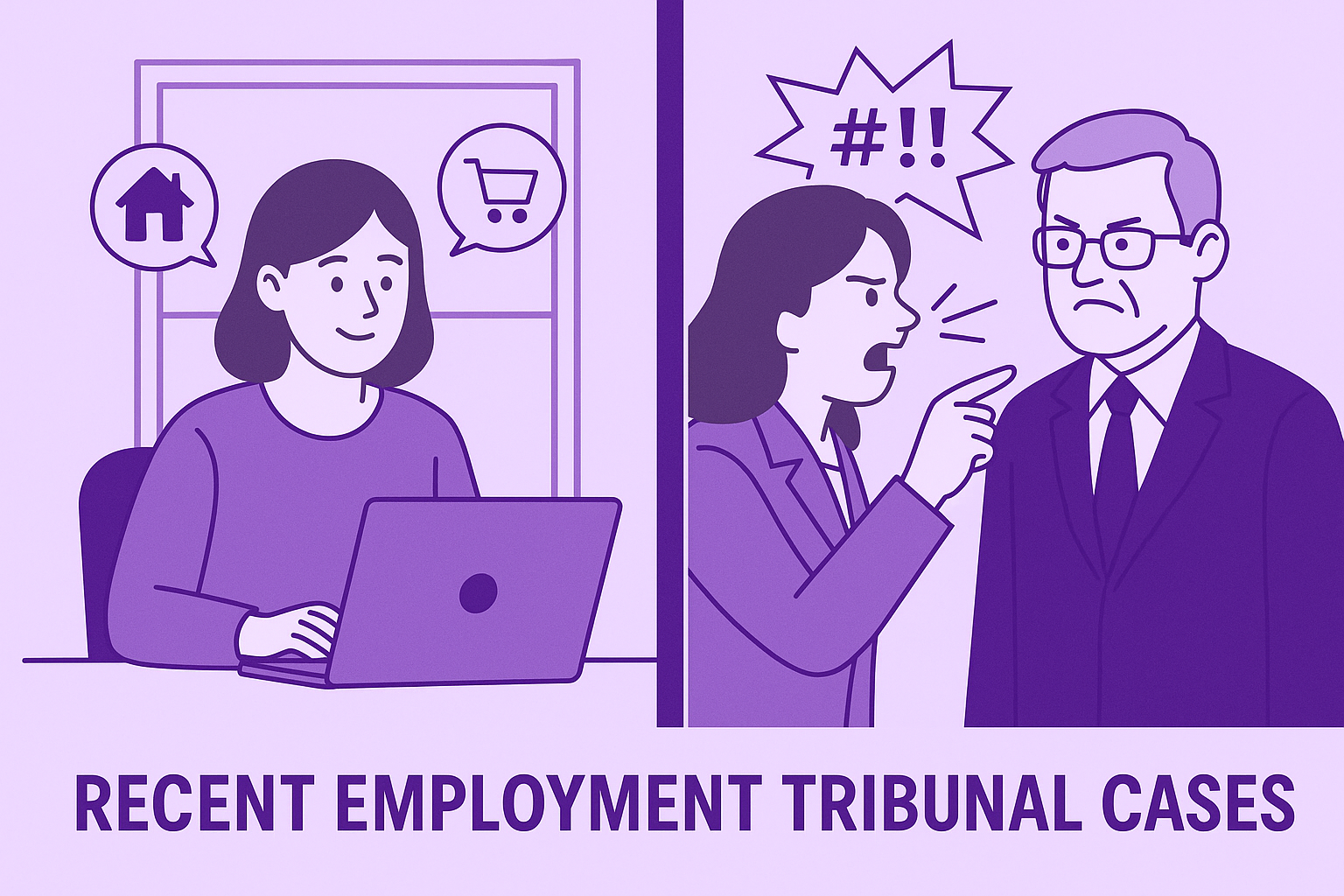Starting with the assumption that the person can do the job, has done it before and has a proven track record……
Would you employ a disabled person?
If not, why not?
Would it depend on their disability?
Would it depend on your location and working environment?
If they are deaf, blind, wheelchair bound, an amputee or a thalidomide baby?
If they have the disability when they join you or develop it while they are with you?
The Equality Act means that people cannot be treated less favourably than others as a result of their disability and that extends to the workplace.
Employers have a legal obligation to make reasonable adjustments to enable people with disabilities to work effectively within a business and to have the same opportunities for training, career progression and reward as their colleagues. The challenge we always face is in defining what is ‘reasonable’. If there is a cost involved, is it affordable? Is there a lot of disruption? Are there any health and safety issues?
Last week we dedicated five blogs to mental health issues which are also protected under disability discrimination laws, but today’s blog is about physical disabilities.
I have met, worked with and supported people with a huge range of disabilities over the past 25 years and I am pleased to say that on the whole, attitudes have improved massively. Legislation has been updated, there is better training, technology has provided solutions which may not have existed even 5 years ago and employers are more willing to consider employing people with disabilities. But there is still a long way to go.
For those of you who like to read the Government briefing papers, there is a briefing from April 2021 here. The unemployment rate for disabled people was 8.4%, compared to 4.6% of those without a disability. The number of disabled people in employment is increasing, but the number of people identifying as disabled has also increased and therefore the proportion of disabled people in employment has fallen.
Covid has presented many issues in the workplace and this extends to disabled employees, many of who are classified as being more vulnerable. Many disabled employees feel their careers have been disproportionately negatively impacted by Covid as a result of shielding. Some employers went out of their way to enable people to work from home, but others were just furloughed.
The Government had a scheme encouraging employers to hire people with disabilities. More information can be found about Disability Confident here
As an employer, you need to be confident to hire, manage and inspire people with disabilities. One of the biggest issues for employers is fear. They are concerned that if an employee has a disability, they will not be able to performance manage, discipline or terminate that employee for fear of an employment tribunal claim for disability discrimination. To defend yourself against such a claim, you will need:
- proper systems and processes in place
- a robust policy on equality, diversity and inclusion (EDI)
- good EDI training for all staff, including managers
- to be able to demonstrate that reasonable adjustments have been made
In addition, in the case of a disabled employee, you may well need communication from the GP and professional reports from an occupational health specialist. This may well be the case if a medical condition emerges or worsens while the employee is with you.
You need to be aware of your company sick pay policy and ensure you stick to it. However sympathetic you may be to a sick employee, you can’t treat them differently to the rest of your workforce without opening yourself up to the risk of a claim or in effect signing a blank cheque. This is hard and an issue we have had to discuss with so many clients and their employees. However, it is far easier to stick to your policy and pay someone in line with your sick pay procedures, than it is to have a conversation with them further down the line, when they have been off for 4 months, you didn’t stop their pay, they have now been diagnosed with cancer and you need to put them on to statutory sick pay.
If you have a concern about someone’s health – speak to them!
We are concerned about you, we have noticed you are holding your arm, tell me what’s going on?
We are concerned about you, we have noticed you are becoming very out of breath walking up and down the stairs, what can we do to help you?
As an employer, you have a duty of care. You must ensure that your staff are safe to carry out the work you need them to do. If in doubt, have a conversation.



